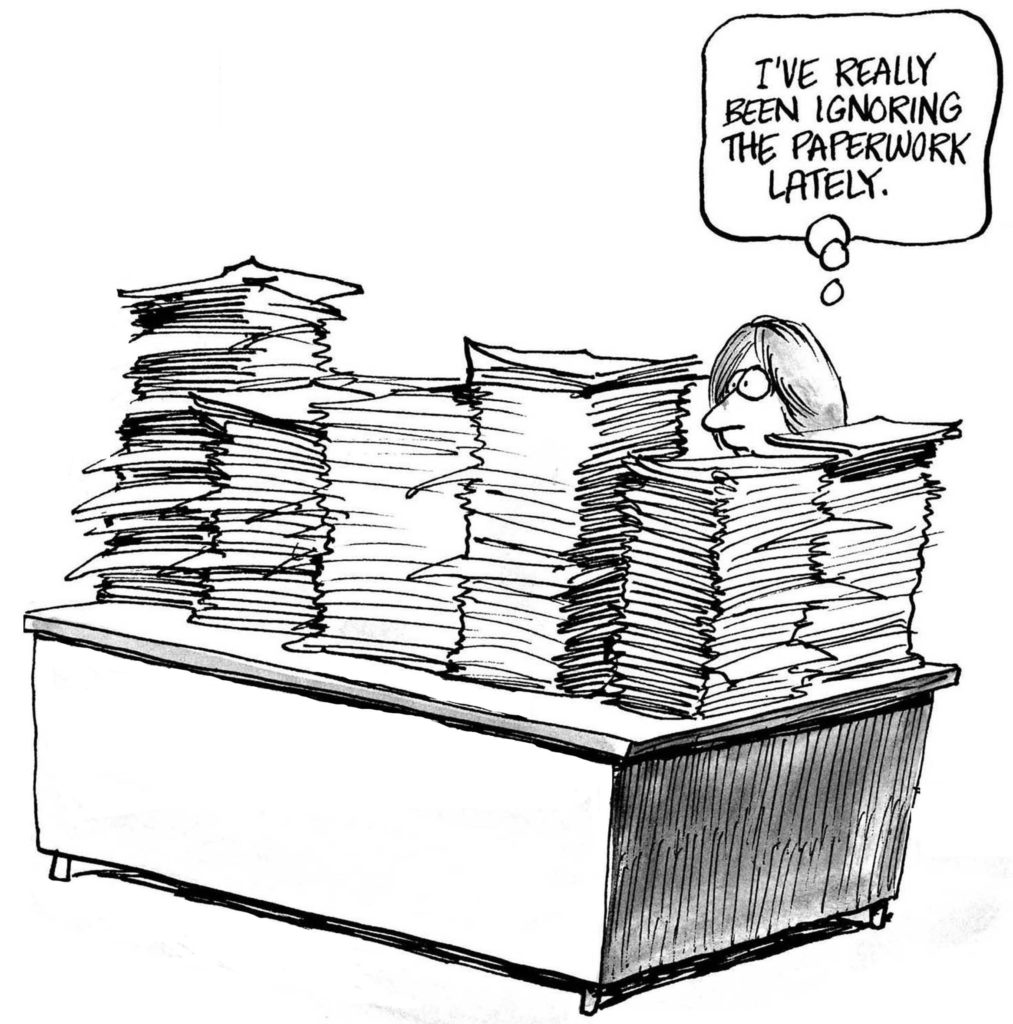
© 2020 by Michael A. Babiarz
You can be the smartest person in the world, have a terrific background, a supportive family structure, and regardless, when a traumatic event occurs, chaos will ensue, and things will spin almost out of control.
These words first appeared in Flashes of Light, a book I previously co-authored.[1] What became clear to me as I wrote that piece is that chaos strikes all of us at some point in our lives. One or more traumatic events will spawn it. The chaos about which I spoke in that earlier text had its genesis in a health crisis. Yet you may find your life turned upside down by something else.
What types of things cause chaos?
In 1967, researchers Thomas H. Holmes and Richard H. Rahe published their Social Readjustment Rating Scale.[2] Essentially, this assessment tool instructs a participant to tally up a point total for certain life events that happened to him or her during the prior 12 months. The total is then compared against a scale to determine susceptibility to stress-induced health breakdowns. The Holmes-Rahe Scale lists a number of concerns, with “death of a spouse” creating the maximum 100 point addition to the total inventory, while items such as “vacation” or “minor violation of law” add a mere 13 or 11 points respectively. The risk of stress-induced illness is present at totals of 300 or more points, moderated somewhat by totals between 150 and 299, and abates significantly if the tally is less than 150.[3]
The list set forth by these researchers offers some clues as to what creates tumult. Moreover, I retired in 2013 from many years as a lawyer, a profession itself often rife with uproar. I concentrated in the relatively sedate areas of estate planning, estate administration and elder law. Nevertheless, in that capacity, I dealt with legions of clients who came to me to help relieve the pandemonium in which they found themselves and numerous others who wished to prepare for bedlam if and when it arrived, avoiding a free-for-all. In a certain respect, I spent decades as a chaos preparation and recovery specialist.
And then I found chaos invading my own personal life in a most profound way, with my wife’s illness and the collateral damage it engendered, in 2014. Flashes of Light tells of her journey (and mine) back from near-disaster.
From this personal experience, my legal career, and the insights from Holmes, Rahe and other social scientists, I find many causes of chaos. Issues as devastating as ill-health or death of a spouse, or even as benign or joyful as retirement or birth of a child, can turn your world topsy-turvy. Other causes of chaos include natural disasters, such as storms, fires or floods, terrorism, illness or accident affecting you, your spouse, or even family with whom you do not live, financial catastrophe, damage to your reputation from those who have some freakish ax to grind, theft, either of personal goods or identity, departing a job whether voluntarily or involuntarily, moving to a new area, getting divorced, getting married, or a child leaving home or boomeranging back.
Any of these could be the genesis of your particular holy mess.
And a good first step in protecting yourself and your family
against chaos is simple recognition that it exists and will strike us all.
[1] Babiarz, M. & Babiarz, A. (2015), Flashes of Light: How to Reboot Your Life, Business or Both When Chaos Strikes, Charleston, SC, Create Space.
[2] Holmes, T. H., Rahe, R. H., (April 12, 1967), The Social Readjustment Rating Scale, Journal of Psychosomatic Research, volume 11, issue 2, pages 213-218, retrieved from http://www.jpsychores.com/article/0022-3999%2867%2990010-4/abstract retrieved on Wednesday, July 29, 2015.
[3] Holmes-Rahe Stress Inventory, from The American Institute of Stress, http://www.stress.org/holmes-rahe-stress-inventory/ retrieved on Wednesday, July 29, 2015.